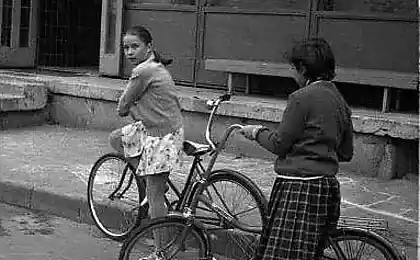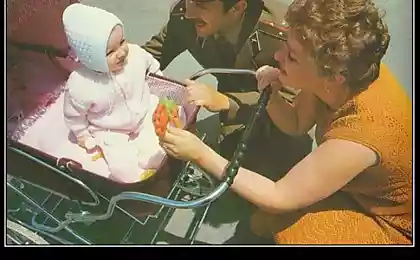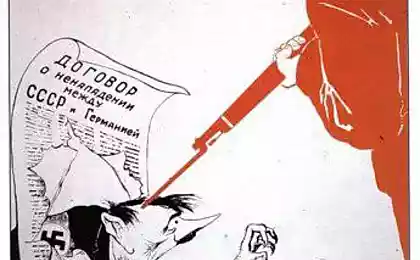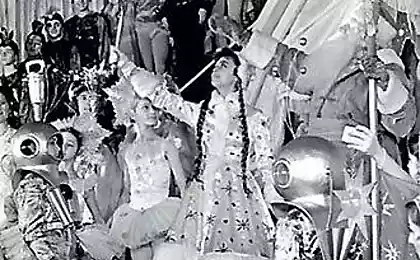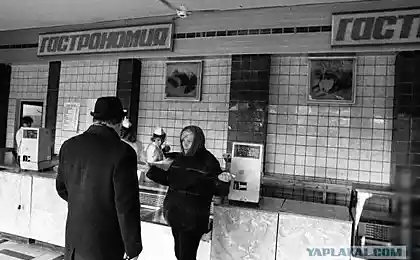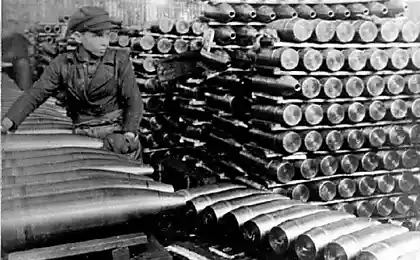206
Why life in Soviet times was so carefree and is it worth remembering as something good?
“In the Soviet Union there was a cheerful and happy life!”, “It was easier then, everyone lived better under the Communists!” God, what nonsense... Who needs these slogans today? What right do you have to reason or write about what you have not seen or know? Is it true?That people lived well in the Union when you were 30? The Soviet Union collapsed in 1991, when you did not exist. The majority of Soviet citizens had a carefree life. Do not confuse carelessness with safety and carelessness, please!
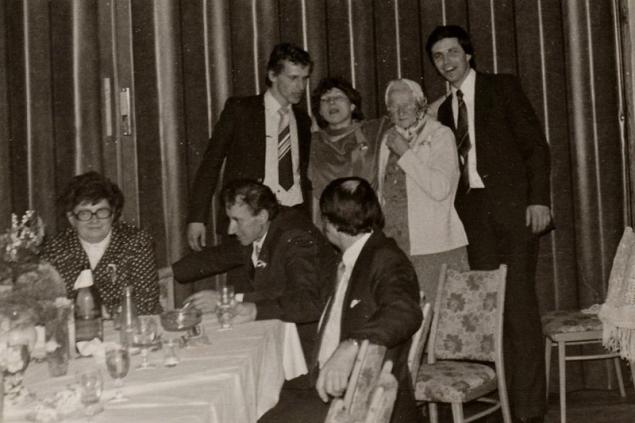
Assume that the carefree life of Soviet citizens is celebrated by the memory of the older generation. Then, apparently, the information is taken from the memoirs of the party trade, the chairman of the collective farm, the director of the market, the head of the store and so on. These people were called rich or wealthy, and it follows that they could not afford indiscretion. Life ends when a person becomes secure. It's been like that all the time.
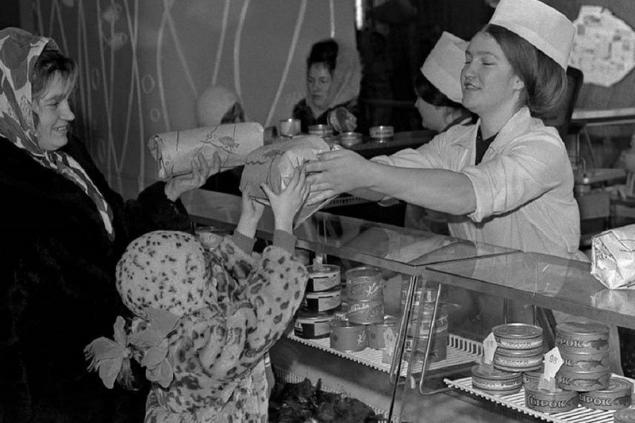
And the rest. had to survive. But since they all lived equally poor, no one complained. That's where the real carefree life was! Ordinary citizens did not worry about stealing anything from them, because there was not much to steal. Standard clothes, ordinary shoes, simplicity in everyday life - what can you get here? Gold in the house did not even smell, and small cash savings were stored on a savings book. A lot of people lost it. Poverty hid behind a thin door with a primitive lock that sometimes didn’t even make sense.
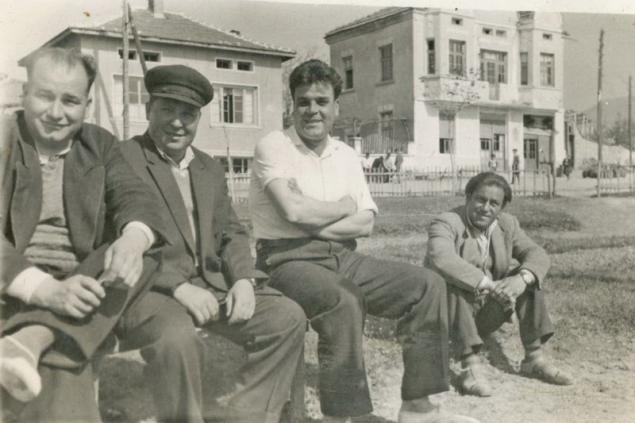
Traditions of the Past in the Countryside Hold the door wherever you have to. To indicate that the hosts were away for a short time. I recently went to visit my sister and was able to make sure that old habits were not completely eradicated. When we needed to visit a neighbor, when leaving the house, the sister put an old knob under the door handle. “Nobody’s home!” she laughed, and I remembered my childhood.
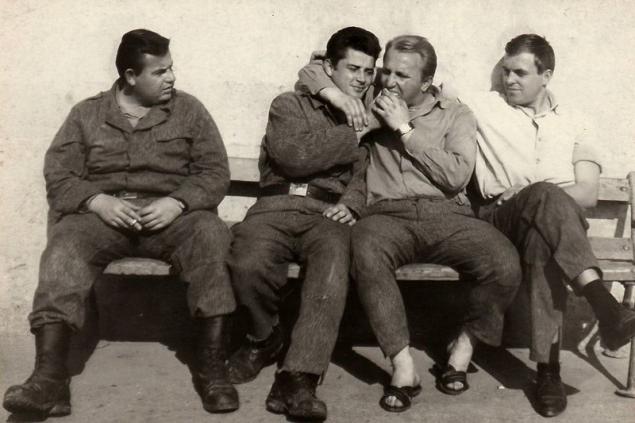
Then no one went to school or for a walk with keys on a rope. If children or adults left the yard, then to the front door often hung a primitive stick, broomstick or groove, which always stood at the porch, because the water had to be carried from the well. The frivolity of this "constipation" was justified by the fact that strangers were not in the village, but nothing of value There was no house.
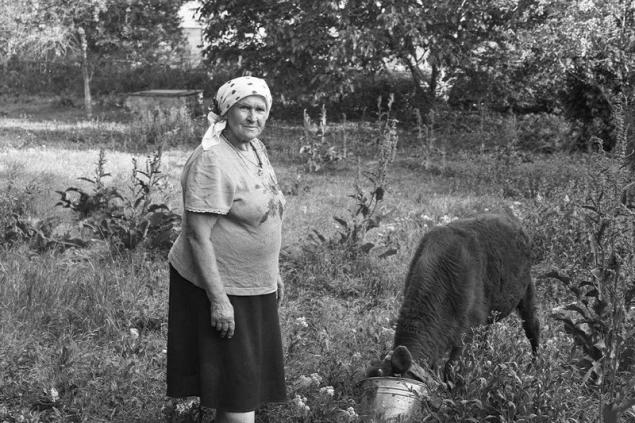
Health and visits to healers Carelessness manifested It's also about health. People turned to doctors very reluctantly. Perhaps that is why immunity was stronger, no one treated an elementary cold with antibiotics, and few people spread about all kinds of viruses then. I'm not talking about personal hygiene! Many remember faceted glasses from which they drank carbonated water from a machine, and glasses for beer or kvass from a barrel. Everyone wanted to drink from the same dish. Absolutely unsanitary!
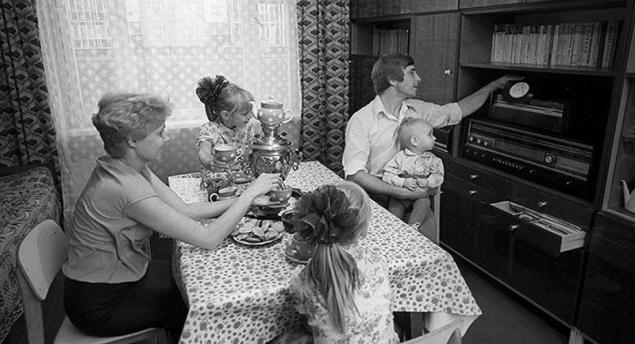
But the glasses or glasses were at least rinsed with running water, and some conscious customers were not lazy to wash them again. And what about chewing gum, which chewed for several days and gave to try friends? When the gum lost its taste, it was sprinkled with sugar - and new! And the lollipop on a stick that was licked all over the street?! Then it is. commonplace.
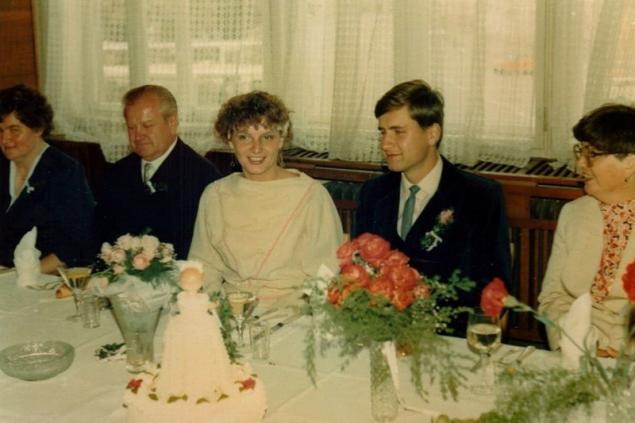
I remember those days with trepidation. It was mine. carefree childhoodWhen it is too early to think about work, about salary, about the future. At that time, everything was perceived in terms of teenage maximalism. But what does the Soviet Union have to do with it? I can be sad about my friends, my school years, my parents who left too soon, but I didn’t care what the country was like. What can you say about that?

Assume that the carefree life of Soviet citizens is celebrated by the memory of the older generation. Then, apparently, the information is taken from the memoirs of the party trade, the chairman of the collective farm, the director of the market, the head of the store and so on. These people were called rich or wealthy, and it follows that they could not afford indiscretion. Life ends when a person becomes secure. It's been like that all the time.

And the rest. had to survive. But since they all lived equally poor, no one complained. That's where the real carefree life was! Ordinary citizens did not worry about stealing anything from them, because there was not much to steal. Standard clothes, ordinary shoes, simplicity in everyday life - what can you get here? Gold in the house did not even smell, and small cash savings were stored on a savings book. A lot of people lost it. Poverty hid behind a thin door with a primitive lock that sometimes didn’t even make sense.

Traditions of the Past in the Countryside Hold the door wherever you have to. To indicate that the hosts were away for a short time. I recently went to visit my sister and was able to make sure that old habits were not completely eradicated. When we needed to visit a neighbor, when leaving the house, the sister put an old knob under the door handle. “Nobody’s home!” she laughed, and I remembered my childhood.

Then no one went to school or for a walk with keys on a rope. If children or adults left the yard, then to the front door often hung a primitive stick, broomstick or groove, which always stood at the porch, because the water had to be carried from the well. The frivolity of this "constipation" was justified by the fact that strangers were not in the village, but nothing of value There was no house.

Health and visits to healers Carelessness manifested It's also about health. People turned to doctors very reluctantly. Perhaps that is why immunity was stronger, no one treated an elementary cold with antibiotics, and few people spread about all kinds of viruses then. I'm not talking about personal hygiene! Many remember faceted glasses from which they drank carbonated water from a machine, and glasses for beer or kvass from a barrel. Everyone wanted to drink from the same dish. Absolutely unsanitary!

But the glasses or glasses were at least rinsed with running water, and some conscious customers were not lazy to wash them again. And what about chewing gum, which chewed for several days and gave to try friends? When the gum lost its taste, it was sprinkled with sugar - and new! And the lollipop on a stick that was licked all over the street?! Then it is. commonplace.

I remember those days with trepidation. It was mine. carefree childhoodWhen it is too early to think about work, about salary, about the future. At that time, everything was perceived in terms of teenage maximalism. But what does the Soviet Union have to do with it? I can be sad about my friends, my school years, my parents who left too soon, but I didn’t care what the country was like. What can you say about that?
A sure sign that demons make a person work for them is like asking God for help.
What kind of sausage was popular in Soviet times and was it really so tasty?


